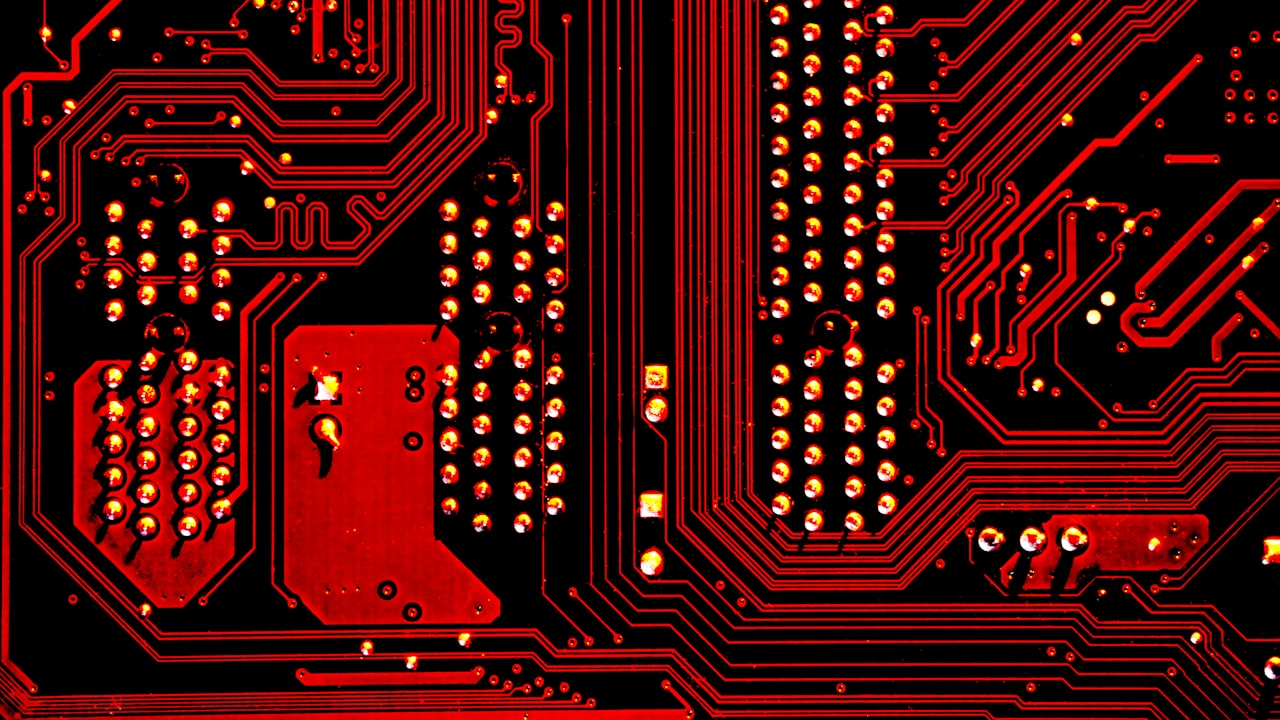 Title: “The Evolution of Pharmaceutical Machinery: Advancements and Innovations in Drug Manufacturing”
Title: “The Evolution of Pharmaceutical Machinery: Advancements and Innovations in Drug Manufacturing”
Pharmaceutical machinery has played a crucial role in the production of medicines over the years. From traditional methods to modern technologies, the evolution of pharmaceutical machinery has significantly impacted drug manufacturing processes. Two key pieces of equipment that have revolutionized the pharmaceutical industry are table press machines and capsule filling machines.
Table press machines, also known as tablet presses, are essential in the production of pharmaceutical tablets. These machines use mechanical or hydraulic pressure to compress powdered ingredients into tablets of specific shapes and sizes. The development of table press machines has improved the efficiency and accuracy of tablet production, leading to higher quality medications for patients. With advancements like the introduction of TDP (Tablet Press Machine) and THDP (High-speed Tablet Press Machine), pharmaceutical companies can now produce tablets at a faster rate and with better precision than ever before.
Capsule filling machines are another critical piece of equipment in pharmaceutical manufacturing. These machines automate the process of filling empty capsules with the desired medication, eliminating the need for manual labor and increasing productivity. With innovations in technology, capsule filling machines have become more sophisticated and versatile, allowing for the production of different types of capsules to meet the specific needs of patients. The introduction of automated capsule filling machines has led to higher production capacities and improved quality control in the pharmaceutical industry.
In recent years, the continuous evolution of pharmaceutical machinery has brought about significant advancements and innovations in drug manufacturing processes. The integration of digital technologies and automation systems has further enhanced the efficiency and reliability of pharmaceutical machinery. For example, the integration of data analytics and real-time monitoring systems into table press machines and capsule filling machines has enabled pharmaceutical companies to optimize production processes and minimize downtime.
Overall, the evolution of pharmaceutical machinery, including table press machines and capsule filling machines, has revolutionized the drug manufacturing industry. With advancements like TDP and THDP, as well as the incorporation of digital technologies, pharmaceutical companies now have the tools to produce medications more efficiently and effectively. As technology continues to advance, the future of pharmaceutical machinery holds even more promise for improving drug manufacturing processes and ultimately benefiting patients worldwide.





